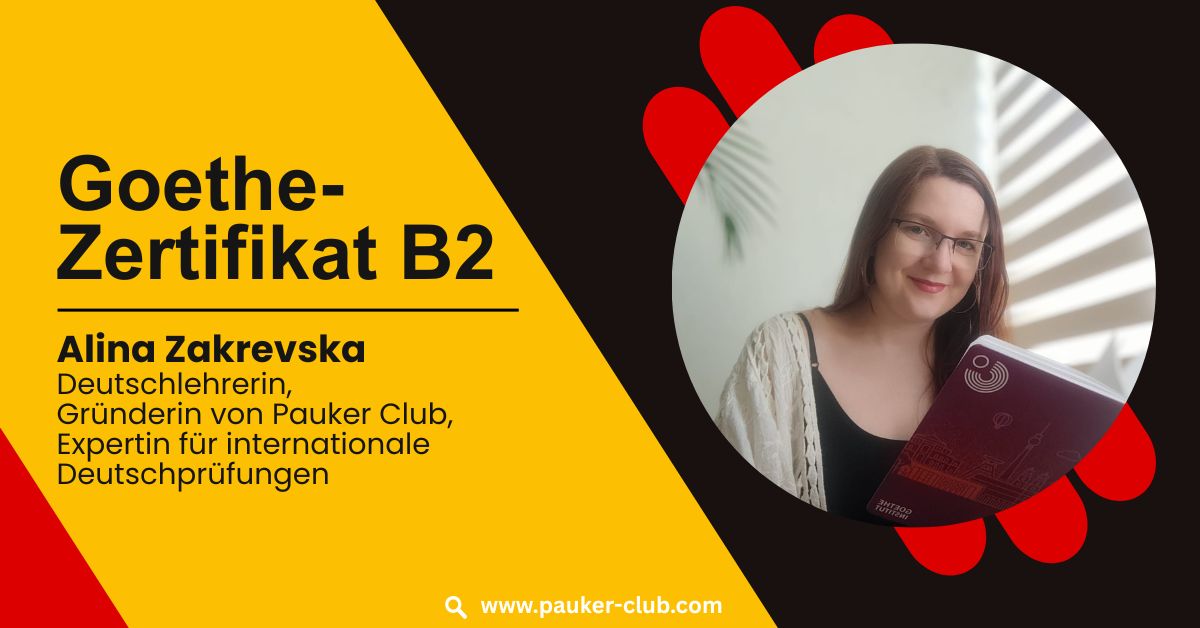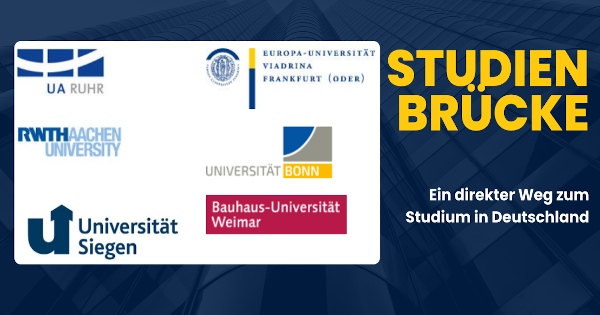Why is my most popular course the preparation for the Goethe-Zertifikat B2?
Most in-person, online courses, video lessons or YouTube videos you’ve encountered are just overviews of tasks and general tips. But really, doesn’t every student already know they need to be attentive and focused? Everyone talks about what to do, but no one explains how to do it.
It’s precisely the “how” that became the key aspect of my teaching practice. Not just “learn these words” or “do this exercise,” but how exactly to do it to get results.
Any exam is a set of strategies. If you understand how to act, results will follow. Many believe that getting correct answers on the B2 test is almost like a lottery — but that’s not true.
One of my new students once said:
I translate the text into my native language, then translate the question and the options. And every time my answer is wrong.
If correct test answers still seem like a matter of luck — you're welcome to join my Goethe-Zertifikat B2 preparation course. Here you’ll learn how to work with texts and tasks, receive templates for the written and oral parts. And most importantly — you’ll understand how to actually process tasks. Master a winning strategy and confidently pass the exam!
5 Tips for Beginners Preparing for B2:
- Don’t translate!
German is not a copy of your native language. It has its own system, its own universe. Like figure skating — the sooner you let go of the edge, the sooner you'll learn to move independently. - Use the right tools.
A translator is not a dictionary. Google Translate is fine for translating texts, but not for learning words and phrases. Your best friend should be a monolingual German–German dictionary. Learn to explain new words using simpler words — in German. That’s how real progress happens. - Use strategy.
Don’t approach each task from scratch. There’s no time for experimenting during the exam. Strategy protects you from anxiety and time pressure. It gives you a clear sequence of actions and builds confidence. You can develop a strategy yourself, but it’s better to consult professionals. - Look at every task systematically.
Read a B1-level textbook text on environmental protection? Did it include a richtig/falsch task? Don’t stop there!- Retell the text in your own words.
- Highlight key phrases.
- Write down pros/cons.
- Create a pleasant learning environment.
Get notebooks you like. Choose a favorite pen or comfortable font in your app. Podcasts, books, YouTube — pick content you enjoy. Let it be a level easier — so you feel safe, relaxed, and gradually immerse yourself in the language.
Seek help from professionals
And finally — don’t listen to random YouTubers who failed the exam three times and suddenly became “experts” after passing it on the fourth try.
Teaching is a science — just like medicine.
Don’t let amateurs “prepare” you for the exam 😉




